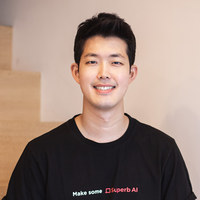Artificial intelligence & robotics
Xiao Sun
He designs imprecise—but energy-efficient—AI hardware and software.

Global
Marc Miskin
He figured out how to give motion to microscopic robots.

Japan
Yuma Koizumi
What is the source, duration, location, and nature of sounds that we are hearing? A researcher aims to create the ultimate sound recognition AI.

China
Yunchao Wei
Significantly advancing the development of visual understanding under imperfect data.

Korea
Hyunsoo Kim
Lowering the barriers to entry for developing production-grade AI.
